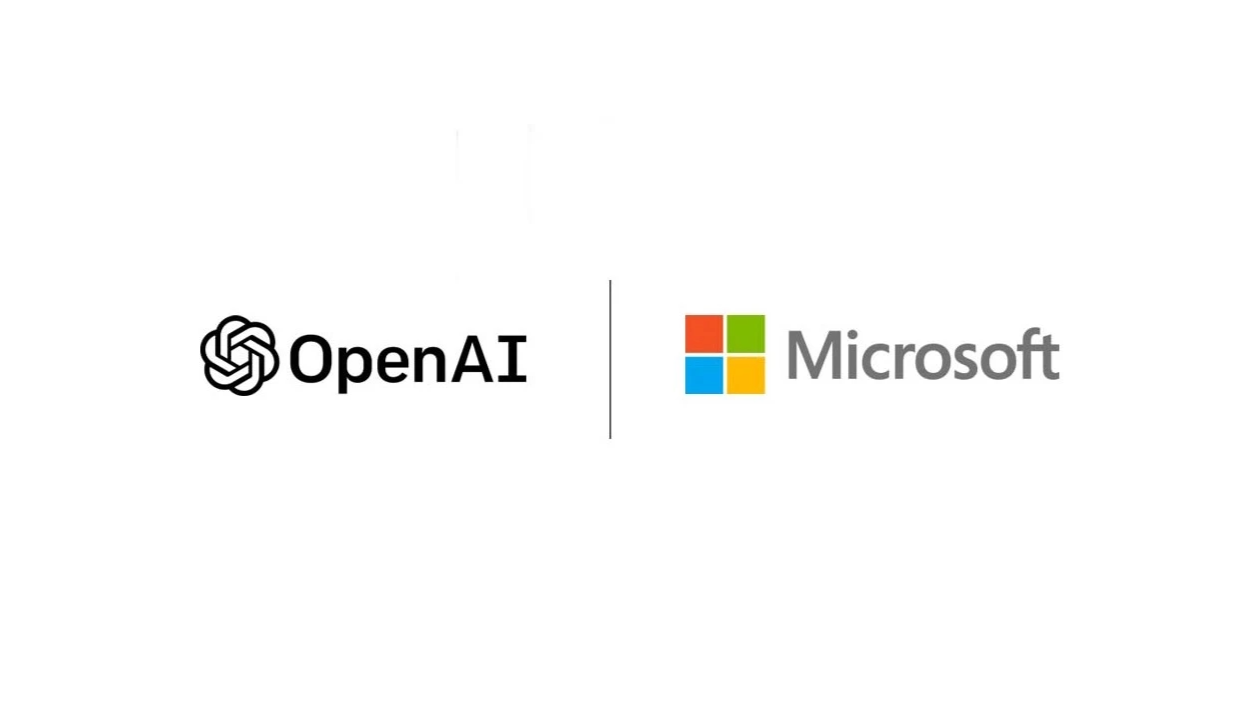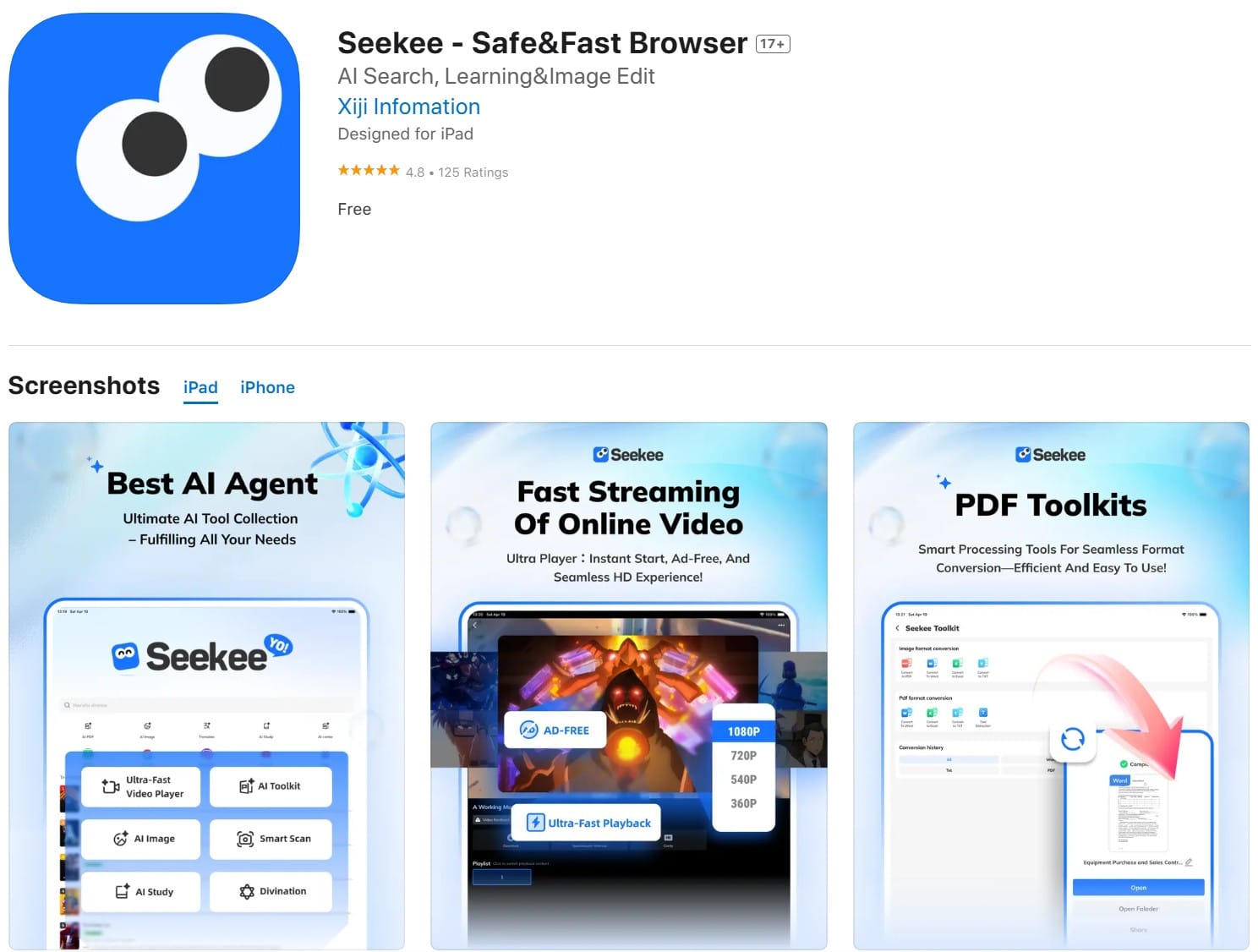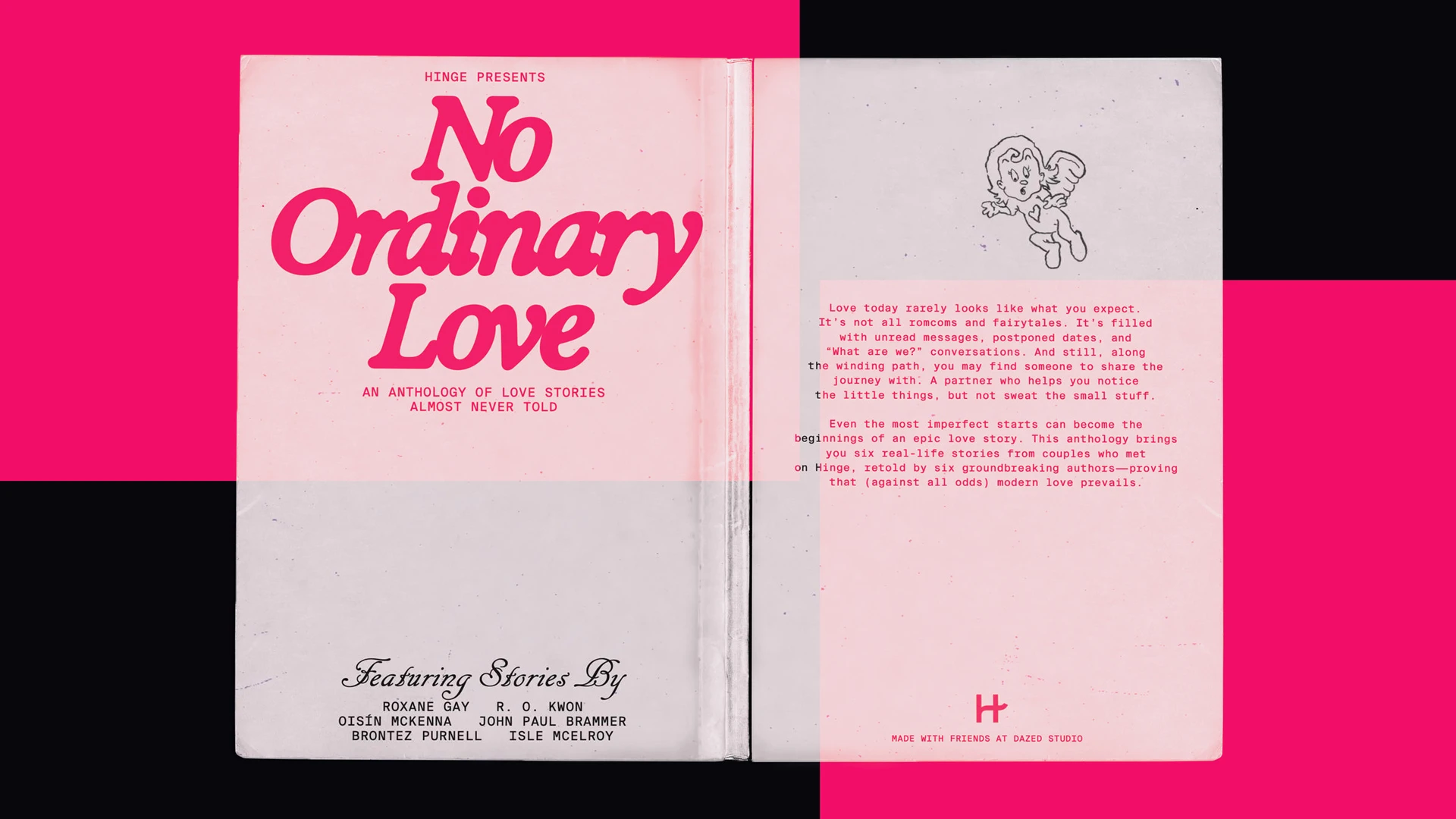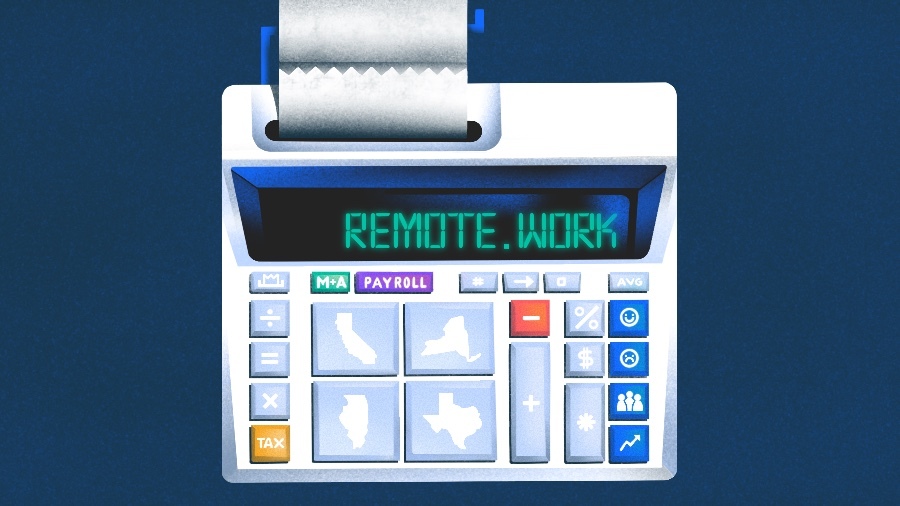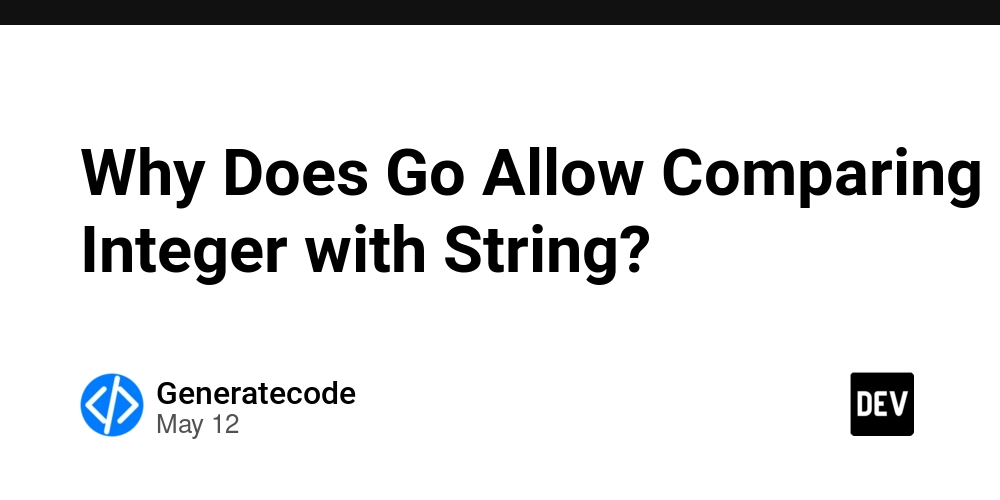What is Apache POI? A Deep Dive into Open Source Business Models, Funding, and Community Innovation
Abstract: This post explores Apache POI, a leading Java library for manipulating Microsoft Office file formats, and delves into its open source business model, sustainable funding mechanisms, licensing benefits, and the vibrant community that powers its evolution. We discuss the history and core concepts behind Apache POI, share practical use cases, and examine challenges and future innovations in open source funding. Along the way, we uncover how the Apache 2.0 license, community governance, and corporate sponsorship synergize to empower this project and provide a blueprint for other open source initiatives. Introduction Apache POI is more than just a Java library—it is a symbol of collaborative innovation in the open source world. Developed under the stewardship of the Apache Software Foundation, Apache POI enables developers to read, write, and manipulate Microsoft Office file formats such as Excel, Word, and PowerPoint. This post discusses Apache POI’s underlying business model, examines its funding strategies, and explains how the community ensures its longevity. By weaving together technical insights and practical examples, we will show why Apache POI remains indispensable for enterprise and individual developers alike. For a direct look at the original article, please visit the What is Apache POI? The Open Source Business Model, Funding, and Community page. Background and Context Apache POI’s origins lie in the need to interact with proprietary Microsoft Office documents. As Java emerged as a dominant language for business applications, developers required a robust tool to seamlessly integrate Office file processing into their systems. Apache POI came to life as an open source project managed by the Apache Software Foundation, which fostered a collaborative environment through its well-established governance model and the widely respected Apache License 2.0. Key aspects of Apache POI’s background include: History: Apache POI started when developers required a flexible solution for handling Office documents in Java. Over the years, it has evolved with community contributions, addressing various use cases from simple file reading to complex business intelligence automation. Ecosystem and Community: Apache POI is maintained by a dedicated community of volunteers and is supported by corporate sponsorships. Its ecosystem is enriched with documentation on the official site and code available on GitHub, ensuring that developers and businesses have access to comprehensive resources. License and Governance: The use of the permissive Apache License 2.0 has attracted enterprise users who appreciate the freedom to distribute and modify the software without excessive restrictions. This license acts as a foundation for collaboration and innovation. Core Concepts and Features The success of Apache POI is built on several core concepts and features that not only address technical requirements but also demonstrate a sustainable open source business model. 1. Robust File Manipulation Apache POI supports a range of Microsoft Office formats, including: Excel for spreadsheets and data analysis. Word for document processing. PowerPoint for presentations. This cross-format compatibility makes it an invaluable tool for automating reporting, data extraction, and business intelligence tasks. 2. Community-Driven Innovation The project thrives on contributions from developers worldwide who continuously refine its functionality. This collaborative culture is enhanced by: Regular Code Reviews: Ensure quality and security. Virtual Hackathons and Community Meetings: Foster innovation and rapid iteration. Transparent Governance: Builds trust through open communication hosted on platforms like GitHub. 3. Sustainable Funding Through Sponsorship and Donations Unlike many closed-source projects, Apache POI’s funding model includes: Corporate Sponsorships: Companies using Apache POI invest time and resources into the project. Community Donations: Through initiatives like GitHub Sponsors. Events and Hackathons: Where innovative ideas not only advance code quality but also attract additional funding. Below is a table summarizing key features and benefits of Apache POI: Feature Benefit Example Use Case File Format Compatibility Supports Excel, Word, PowerPoint allowing for versatile document handling Automated Excel reporting systems Open Source Governance Transparent and community-driven ensuring quality and rapid problem resolution Collaborative bug fixing and feature updates Apache License 2.0 Permissive license encourages commercial and non-commercial use Embedding in proprietary software Cross-platform Compatibility Java-based library works seamlessly on various operating systems Enterprise-level data integration Active Community Sponsorship Continuous funding and support from both volunteers and corporate sponsors
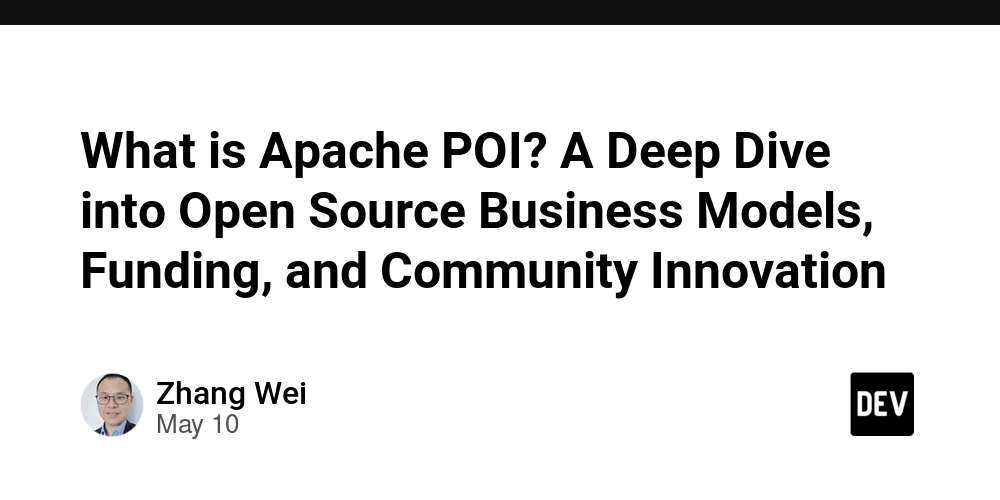
Abstract:
This post explores Apache POI, a leading Java library for manipulating Microsoft Office file formats, and delves into its open source business model, sustainable funding mechanisms, licensing benefits, and the vibrant community that powers its evolution. We discuss the history and core concepts behind Apache POI, share practical use cases, and examine challenges and future innovations in open source funding. Along the way, we uncover how the Apache 2.0 license, community governance, and corporate sponsorship synergize to empower this project and provide a blueprint for other open source initiatives.
Introduction
Apache POI is more than just a Java library—it is a symbol of collaborative innovation in the open source world. Developed under the stewardship of the Apache Software Foundation, Apache POI enables developers to read, write, and manipulate Microsoft Office file formats such as Excel, Word, and PowerPoint. This post discusses Apache POI’s underlying business model, examines its funding strategies, and explains how the community ensures its longevity. By weaving together technical insights and practical examples, we will show why Apache POI remains indispensable for enterprise and individual developers alike.
For a direct look at the original article, please visit the What is Apache POI? The Open Source Business Model, Funding, and Community page.
Background and Context
Apache POI’s origins lie in the need to interact with proprietary Microsoft Office documents. As Java emerged as a dominant language for business applications, developers required a robust tool to seamlessly integrate Office file processing into their systems. Apache POI came to life as an open source project managed by the Apache Software Foundation, which fostered a collaborative environment through its well-established governance model and the widely respected Apache License 2.0.
Key aspects of Apache POI’s background include:
History:
Apache POI started when developers required a flexible solution for handling Office documents in Java. Over the years, it has evolved with community contributions, addressing various use cases from simple file reading to complex business intelligence automation.Ecosystem and Community:
Apache POI is maintained by a dedicated community of volunteers and is supported by corporate sponsorships. Its ecosystem is enriched with documentation on the official site and code available on GitHub, ensuring that developers and businesses have access to comprehensive resources.License and Governance:
The use of the permissive Apache License 2.0 has attracted enterprise users who appreciate the freedom to distribute and modify the software without excessive restrictions. This license acts as a foundation for collaboration and innovation.
Core Concepts and Features
The success of Apache POI is built on several core concepts and features that not only address technical requirements but also demonstrate a sustainable open source business model.
1. Robust File Manipulation
Apache POI supports a range of Microsoft Office formats, including:
- Excel for spreadsheets and data analysis.
- Word for document processing.
- PowerPoint for presentations.
This cross-format compatibility makes it an invaluable tool for automating reporting, data extraction, and business intelligence tasks.
2. Community-Driven Innovation
The project thrives on contributions from developers worldwide who continuously refine its functionality. This collaborative culture is enhanced by:
- Regular Code Reviews: Ensure quality and security.
- Virtual Hackathons and Community Meetings: Foster innovation and rapid iteration.
- Transparent Governance: Builds trust through open communication hosted on platforms like GitHub.
3. Sustainable Funding Through Sponsorship and Donations
Unlike many closed-source projects, Apache POI’s funding model includes:
- Corporate Sponsorships: Companies using Apache POI invest time and resources into the project.
- Community Donations: Through initiatives like GitHub Sponsors.
- Events and Hackathons: Where innovative ideas not only advance code quality but also attract additional funding.
Below is a table summarizing key features and benefits of Apache POI:
| Feature | Benefit | Example Use Case |
|---|---|---|
| File Format Compatibility | Supports Excel, Word, PowerPoint allowing for versatile document handling | Automated Excel reporting systems |
| Open Source Governance | Transparent and community-driven ensuring quality and rapid problem resolution | Collaborative bug fixing and feature updates |
| Apache License 2.0 | Permissive license encourages commercial and non-commercial use | Embedding in proprietary software |
| Cross-platform Compatibility | Java-based library works seamlessly on various operating systems | Enterprise-level data integration |
| Active Community Sponsorship | Continuous funding and support from both volunteers and corporate sponsors | Sustained project maintenance |
4. Legal and Licensing Clarity
The Apache License 2.0 offers legal protection by clearly outlining modification, distribution, and derivative rights. This transparency fosters commercial adoption and encourages more organizations to support Apache POI financially and intellectually.
Applications and Use Cases
Apache POI has widespread applications that extend from simple data access tasks to complex enterprise solutions. Here are a few practical examples:
Automated Reporting Systems:
Many businesses use Apache POI to automate the creation of Excel reports. With its ability to handle large datasets, the library can generate dynamic reports that integrate data from various sources, enabling data-driven decision making.Document Management Systems:
In industries where maintaining, updating, and distributing corporate documents is key, Apache POI powers backend systems that convert, update, and archive Word documents reliably.Integration with Business Intelligence Tools:
Apache POI is frequently used to pull data from spreadsheets into BI tools. This integration helps organizations conduct trend analysis and performance monitoring, bringing a deeper insight into operations.Cross-Platform Application Development:
The library’s cross-platform nature enables developers to create applications that function seamlessly on multiple operating systems, making deployment more manageable for globally distributed teams.
Challenges and Limitations
While Apache POI is robust and widely used, it faces several challenges and limitations that open source projects often encounter:
Performance Bottlenecks:
As file sizes grow and more complex functionalities are added, performance issues can arise. Optimizing code for handling large datasets remains a continuous challenge.Complexity in Handling Diverse Formats:
Microsoft Office formats are complex and subject to change. Keeping up with these evolutions demands continuous updates and rigorous testing—a task that relies heavily on community contributions.Sustainability of Volunteer Contributions:
Open source projects often depend on volunteer efforts. Balancing contributions from passionate developers with the need for a stable, funded development environment requires innovative funding strategies.Adoption of Emerging Funding Models:
New platforms and tokenization approaches (e.g., tokenizing open source licenses) offer alternative revenue models. While Apache POI currently operates under traditional funding mechanisms, integrating these new strategies could further enhance sustainability.
Bullet List of Challenges:
- Performance issues with large datasets.
- Maintaining compatibility with evolving Office formats.
- Dependency on volunteer contributions for continuous development.
- Balancing innovative funding models with established sponsorship tactics.
Future Outlook and Innovations
As technology evolves, so do the challenges and opportunities for projects like Apache POI. Here’s what the future might hold:
1. Enhanced Performance and Scalability
Future versions of Apache POI may focus on optimizing performance, especially in enterprise environments where large datasets are common. This could involve leveraging parallel processing or cloud-based architectures.
2. Leveraging Tokenization in Funding
While Apache POI’s model is rooted in traditional corporate sponsorship and community donations, emerging ideas like tokenized funding (as seen in innovative platforms such as zed run nft collection) may offer new revenue channels. Tokenization can introduce a novel method for rewarding contributors and incentivizing corporate investments by offering digital tokens that represent a stake in the project’s success.
3. Integration with Modern Development Frameworks
The open source world is rapidly evolving with advancements in blockchain technology and cross-chain interoperability. Future improvements might integrate Apache POI with decentralized development tools or even blockchain-based document verification systems. For instance, exploring the nexus between Apache POI and blockchain interoperability has been discussed in platforms like innovative open source licensing trends.
4. Strengthening Community Governance
A strong community is the lifeblood of Apache POI. Future initiatives may include improved contributor recognition systems, automated performance metrics, and enhanced transparency tools to manage corporate sponsorships. This ensures that every contribution is valued and that the project can continue to thrive in an increasingly competitive open source ecosystem.
5. Adoption of Advanced Open Source Funding Models
Looking to the future, Apache POI could serve as a model for integrating traditional funding with decentralized methods. Enterprises and individual contributors might experiment with hybrid models that combine corporate sponsorship with blockchain-based funding technologies, similar to strategies discussed in arbitrum and open source contributions.
Table: Future Innovations Comparison
| Innovation Area | Traditional Model | Emerging Model |
|---|---|---|
| Funding Sources | Corporate sponsorship, community donations | Tokenized funding, blockchain sponsorship |
| Governance | Volunteer-based, centralized coordination | Decentralized governance and DAO models |
| Performance Optimization | Code refactoring, standard optimization strategies | Cloud-based scaling, parallel processing |
| Community Engagement | Regular hackathons and pull requests | Automated contributor recognition systems |
Related Perspectives from the Developer Community
Several insightful posts from the developer community have addressed similar themes of sustainability and funding in open source. For example:
- Unveiling a New Era in Open Source Licensing
- What is Selenium? Exploring Its Open Source Ecosystem and Funding Models
- Funding the Future: Investing in Blockchain Privacy Solutions
These external insights enrich our understanding of how Apache POI fits into the broader landscape of open source projects and the evolving strategies for sustainable development.
Summary
Apache POI stands as a prime example of how open source infrastructure can be built on foundations of robust technology, clear licensing, and a vibrant community. It offers seamless manipulation of Microsoft Office formats through its well-documented Java library and thrives under a transparent governance model supported by both corporate sponsorship and individual contributions.
Key Takeaways:
Apache POI’s Robustness:
It supports multiple document formats, making it indispensable for automation, data analysis, and business intelligence.Sustainable Funding Mechanism:
Its success is underpinned by a blend of corporate sponsorships, community donations, and the innovative potential of emerging funding models such as tokenization.Open Governance and Collaboration:
The project continues to benefit from a dynamic, globally distributed network of contributors, ensuring high quality and rapid innovation.Future Directions:
Apache POI is poised to integrate modern performance optimizations, advanced funding models, and decentralized governance to keep pace with emerging trends in the open source ecosystem.
In conclusion, Apache POI and its open source business model provide a compelling case study in how technology, community, and sound governance can come together to create software solutions that not only cater to immediate technical needs but also envision a sustainable future. As the open source landscape evolves, projects like Apache POI serve as an inspiration for developers, organizations, and funding stakeholders, proving that the blend of innovation with tradition can drive lasting progress.
For further exploration on topics such as innovative open source licensing, you can refer to resources like Arbitrum and Open Source Contributions and check out Apache POI’s repository on GitHub.
Final Thoughts
Apache POI exemplifies the power of community-driven software development. With the solid framework provided by the Apache Software Foundation and the legal clarity offered by the Apache License 2.0, the project remains a cornerstone in its domain. As new funding models and technological innovations emerge, Apache POI is well-equipped to navigate future challenges. Through continuous community engagement, transparent governance, and a commitment to excellence, Apache POI not only solves today’s problems but also paves the way for the future of open source software.
Whether you are a developer seeking a reliable tool for document manipulation, a project manager looking for insights into sustainable open source funding, or an enterprise in search of robust software solutions, Apache POI offers a clear roadmap to success in the open source arena.
Embrace the innovation of open source—explore Apache POI and join a community shaping the future of technology.
With this comprehensive analysis, we invite you to delve deeper into Apache POI’s ecosystem and consider how sustainable funding models can transform digital innovation. Stay updated with future trends by exploring additional resources and participating in community discussions, ensuring that the spirit of open source continues to thrive across all technological landscapes.















































































































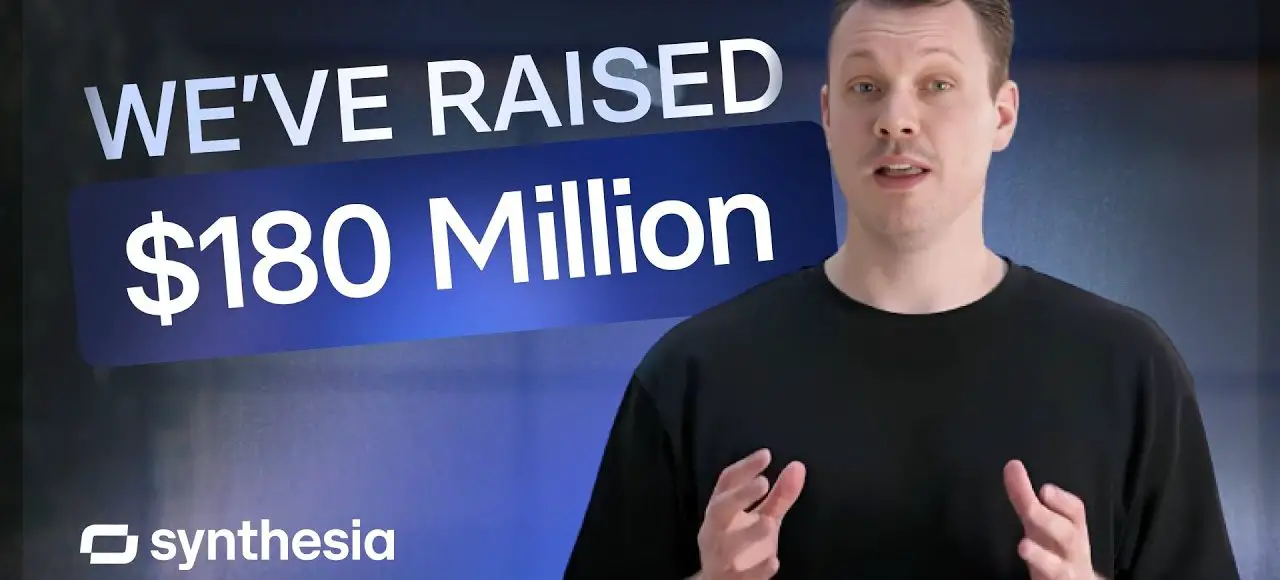




















































![[The AI Show Episode 145]: OpenAI Releases o3 and o4-mini, AI Is Causing “Quiet Layoffs,” Executive Order on Youth AI Education & GPT-4o’s Controversial Update](https://www.marketingaiinstitute.com/hubfs/ep%20145%20cover.png)





































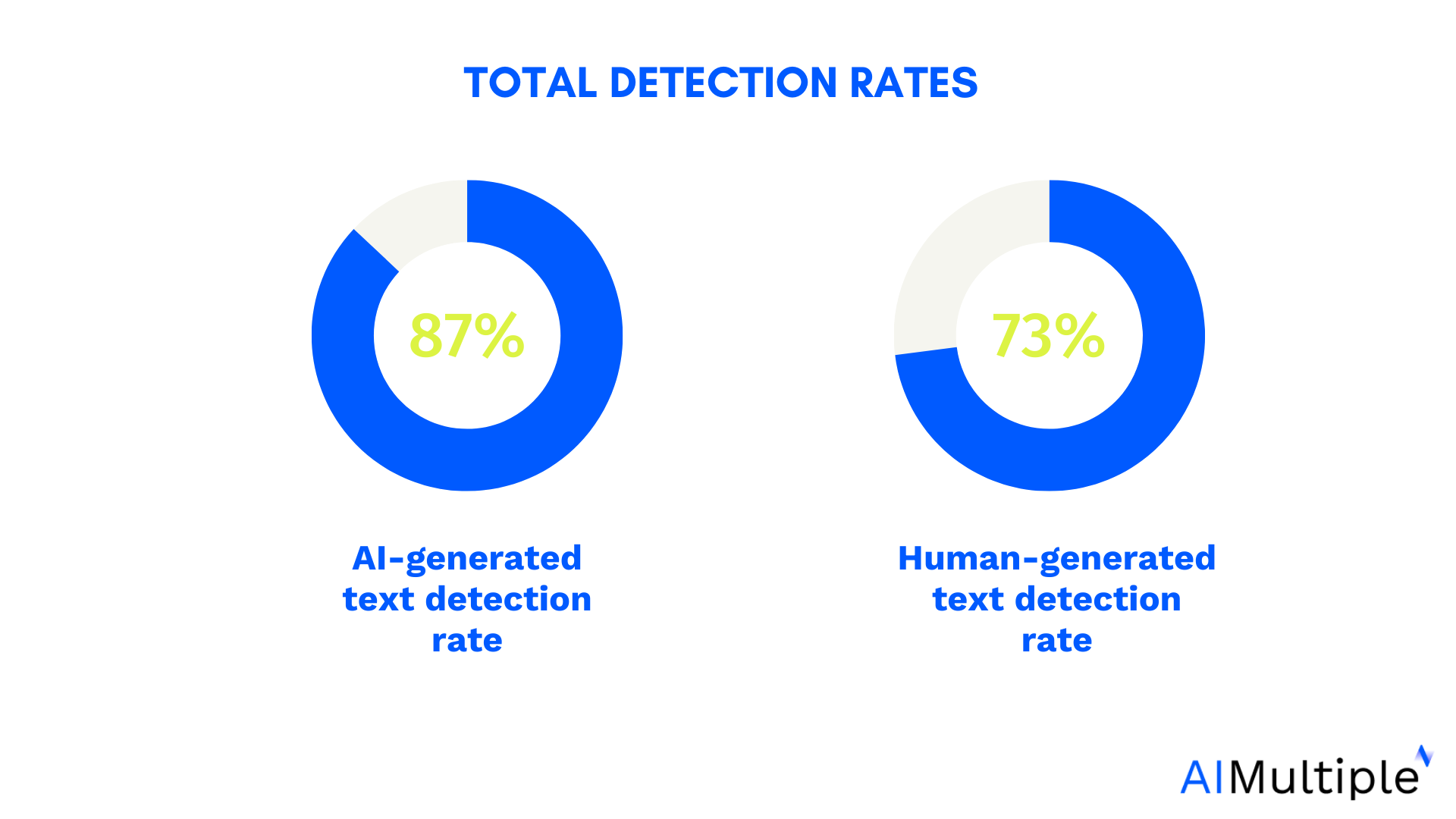
































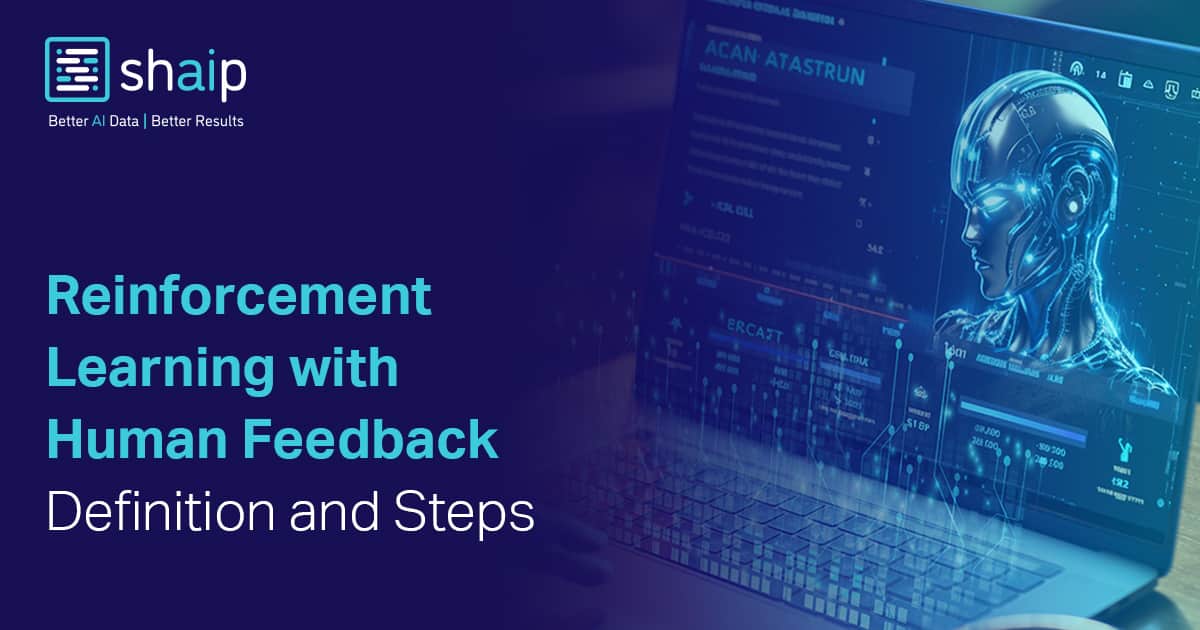








































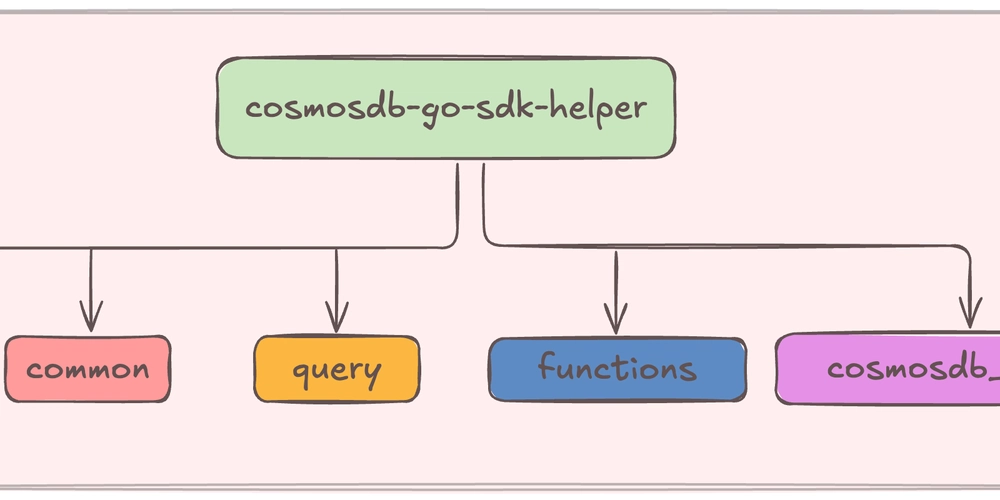













![[DEALS] Internxt Cloud Storage Lifetime Subscription: 10TB Plan (88% off) & Other Deals Up To 98% Off – Offers End Soon!](https://www.javacodegeeks.com/wp-content/uploads/2012/12/jcg-logo.jpg)
![Ditching a Microsoft Job to Enter Startup Purgatory with Lonewolf Engineer Sam Crombie [Podcast #171]](https://cdn.hashnode.com/res/hashnode/image/upload/v1746753508177/0cd57f66-fdb0-4972-b285-1443a7db39fc.png?#)








































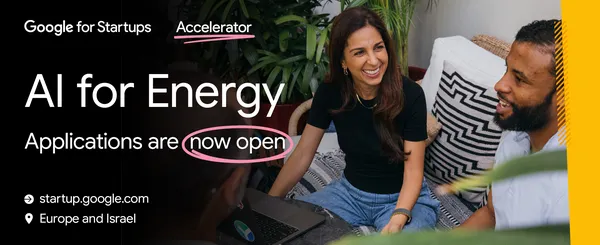






































































.png?width=1920&height=1920&fit=bounds&quality=70&format=jpg&auto=webp#)









![Gurman: First Foldable iPhone 'Should Be on the Market by 2027' [Updated]](https://images.macrumors.com/t/7O_4ilWjMpNSXf1pIBM37P_dKgU=/2500x/article-new/2025/03/Foldable-iPhone-2023-Feature-Homescreen.jpg)


































































































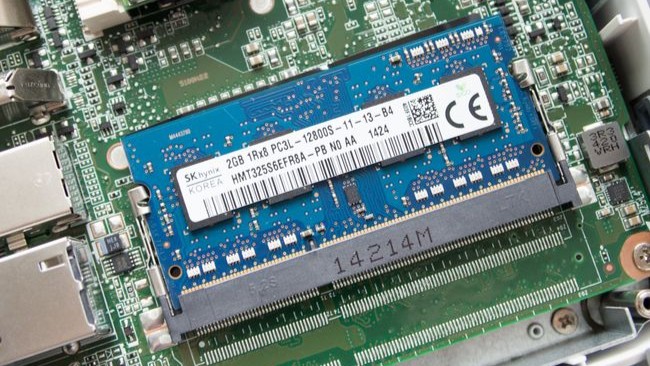







![Federal ‘click to cancel subscriptions’ rule delayed, may be weakened [U]](https://i0.wp.com/9to5mac.com/wp-content/uploads/sites/6/2024/10/Federal-click-to-cancel-subscriptions-rule-is-ratified.jpg?resize=1200%2C628&quality=82&strip=all&ssl=1)


![What Google Messages features are rolling out [May 2025]](https://i0.wp.com/9to5google.com/wp-content/uploads/sites/4/2023/12/google-messages-name-cover.png?resize=1200%2C628&quality=82&strip=all&ssl=1)
![[Fixed] Gemini 2.5 Flash missing file upload for free app users](https://i0.wp.com/9to5google.com/wp-content/uploads/sites/4/2025/03/google-gemini-workspace-1.jpg?resize=1200%2C628&quality=82&strip=all&ssl=1)












![So your [expletive] test failed. So [obscene participle] what?](https://regmedia.co.uk/2016/08/18/shutterstock_mobile_surprise.jpg)
![Apple Shares 'Last Scene' Short Film Shot on iPhone 16 Pro [Video]](https://www.iclarified.com/images/news/97289/97289/97289-640.jpg)
![Apple M4 MacBook Air Hits New All-Time Low of $824 [Deal]](https://www.iclarified.com/images/news/97288/97288/97288-640.jpg)
![An Apple Product Renaissance Is on the Way [Gurman]](https://www.iclarified.com/images/news/97286/97286/97286-640.jpg)
![Apple to Sync Captive Wi-Fi Logins Across iPhone, iPad, and Mac [Report]](https://www.iclarified.com/images/news/97284/97284/97284-640.jpg)














































